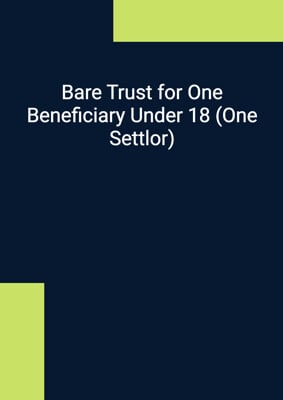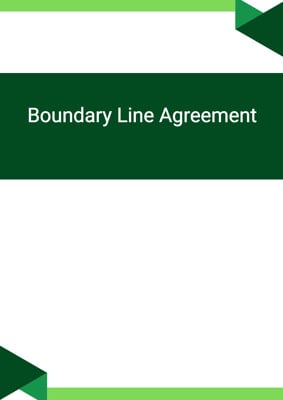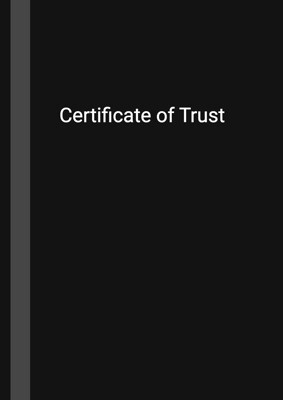
Deed of Easement
Cost Sharing
This document can be used as a template for a deed of easement entered between the grantor (servient tenement / estate) and the grantee of the easement (dominant tenement / estate) regarding the access to the road. It sets out the rights enjoyed by the dominant tenement and the obligations born by the servient tenement.
How to Tailor the Document for Your Need?
01
Create Document
Fill in the details of the parties. You can click the "Fill with Member’s Information" button to complete it with information saved to your account.
02
Fill Information
Please fill in any additional information by following the step-by-step guide on the left hand side of the preview document and click the "Next" button.
03
Get Document
When you are done, click the "Get Document" button and you can download the document in Word or PDF format.
04
Review Document
The document should be signed by the authorised signatory (or directors of a company) and witnessed to complete the formality.
Document Preview
Document Description
This document is a Deed of Easement that is entered into between the Grantor and the Grantee. The document outlines the definitions and interpretation of terms used in the deed. It also provides a background of the Grantor's land and the Grantee's land, stating their respective title numbers. The Grantor agrees to grant the rights to the Grantee, subject to certain conditions and covenants. The Grantee also agrees to perform certain obligations and covenants. The document includes provisions for the Land Registry, reservation of rights by the Grantor, indemnity, liability, exercise period, rights of third parties, governing law and jurisdiction, and notices. The document is signed, sealed, and delivered by both parties, with witnesses. The document also includes schedules for the rights, Grantee's covenants, Grantor's covenants, reserved rights, and construction obligations (if applicable).
How to use this document?
To use this document, follow these steps:
1. Review the definitions and interpretation section to understand the terms used in the document.
2. Familiarize yourself with the background information about the Grantor's land and the Grantee's land.
3. Understand the grant of rights from the Grantor to the Grantee and the conditions and covenants associated with it.
4. Review the Grantee's covenants and understand the obligations and responsibilities of the Grantee.
5. Take note of the reserved rights of the Grantor and any construction obligations (if applicable).
6. Consider the indemnity and liability provisions and understand the potential costs and responsibilities.
7. Note the exercise period for the rights and ensure compliance within the specified timeframe.
8. Understand the rights of third parties and the governing law and jurisdiction.
9. Follow the instructions for giving notices and ensure proper communication.
10. If necessary, consult legal professionals for advice and assistance in using this document.
Not the right document?
Don’t worry, we have thousands of documents for you to choose from:












